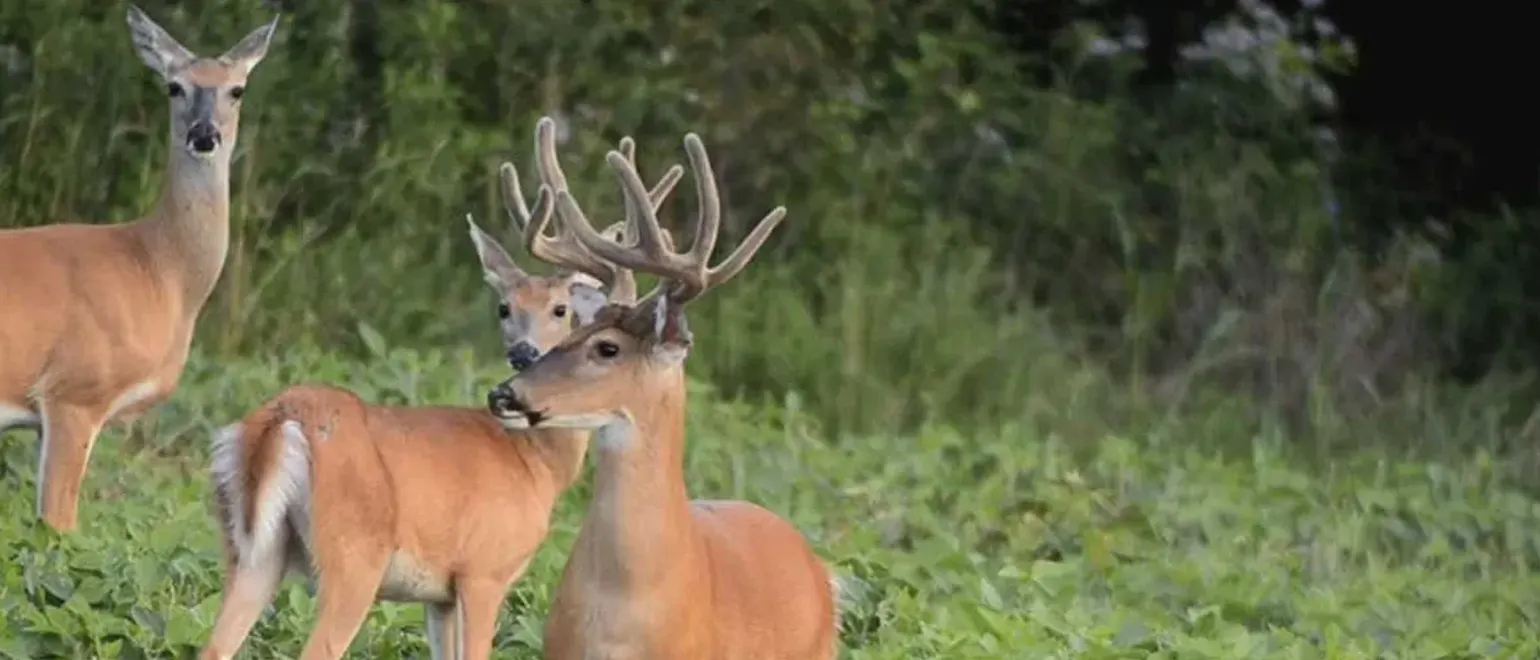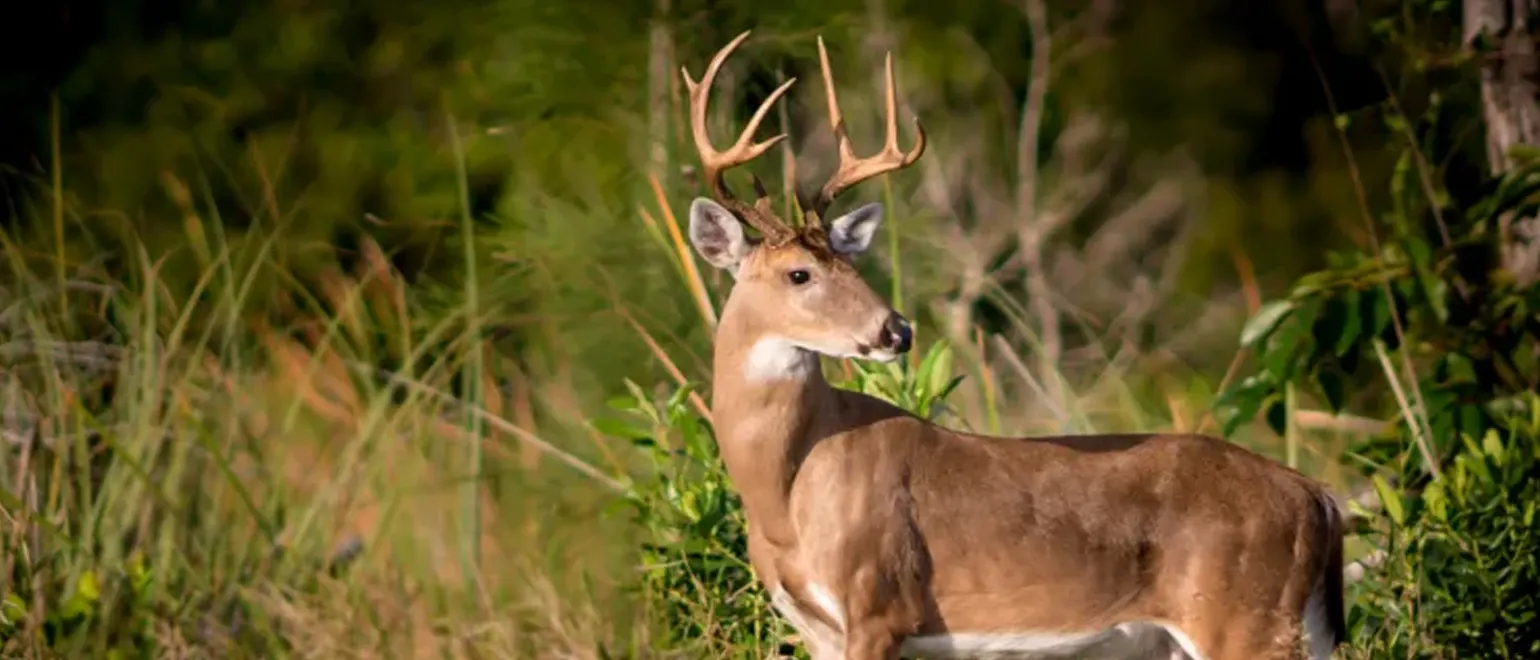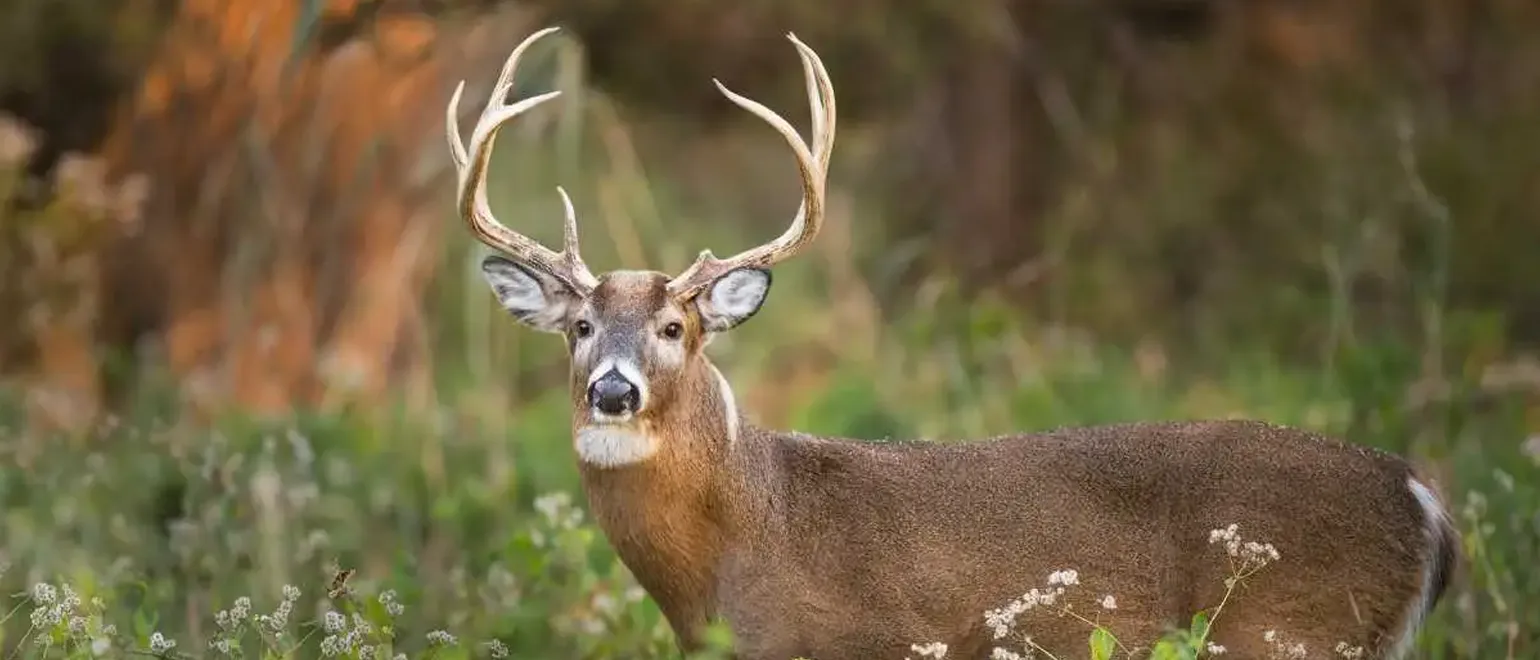
Poaching is more than just illegal hunting—it’s a serious threat to wildlife conservation, landowner rights, and personal safety. Whether you’re managing land for recreation, conservation, or agriculture, learning how to stop poaching is essential. With a few proactive strategies, landowners can deter poachers and help protect the natural resources they care about.
How to Stop Poaching: Post Visible Signage and Secure Your Land

Making your property boundaries clear is one of the first steps to deter poaching. Post highly visible signs that convey more than just “No Trespassing.” Use strong wording such as “No Hunting. Private Property. Patrolled and Prosecuted.” Signs should be placed at access points, trailheads, and along common paths where people might enter.
In addition to signage, install gates or physical barriers at key entry points. A locked gate does more than block access—it eliminates any claim of “not knowing” the land was private. Together, signs and gates serve as a visible deterrent and a legal safeguard.
Build Relationships With Game Wardens and Neighbors
Your best allies in preventing poaching might be closer than you think. Introduce yourself to your local game warden. Law enforcement resources are often stretched thin in rural areas, and having a direct relationship can help ensure your property gets attention when issues arise.
Likewise, get to know your neighbors. They can help monitor your land when you’re away and may even share concerns about suspicious activity nearby. When landowners communicate and collaborate, poachers have fewer places to hide.
Use Trail Cameras and Collect Evidence
If you suspect poaching, trail cameras can be your most valuable tool. Set up a visible “dummy” camera to distract trespassers, and hide a real camera nearby to capture their actions. Position cameras to catch license plates, faces, or vehicles. This kind of evidence is often enough to support legal action.
Also, look for physical clues such as tire tracks, boot prints, or spent shells. Keep detailed notes and timestamps, and turn over any footage or findings to law enforcement.
Avoid Direct Confrontation With Poachers

While it may be tempting to confront someone you catch in the act, doing so can escalate the situation quickly. Poachers are often armed and may react unpredictably. If you encounter someone on your property, stay calm. Ask non-threatening questions like, “What brings you out here?” Then, remove yourself from the situation and call the authorities.
Never brandish a weapon or attempt to physically detain anyone. Not only is this dangerous—it could lead to legal trouble for you.
Prosecute Poachers to Send a Clear Message

Once you have evidence of poaching, it’s important to follow through. Many poachers count on landowners being unwilling to press charges. But letting one go could encourage others. When law enforcement asks for a statement or affidavit, cooperate fully.
Remember: prosecuting poachers isn’t about revenge—it’s about protecting your land, wildlife, and safety. Setting a legal precedent shows that your property is not an easy target.
LandLeader — A Trusted Ally in Land Stewardship
Understanding how to stop poaching is a crucial part of responsible land ownership. While no method is foolproof, combining visibility, community support, surveillance, and legal action can significantly reduce the risk of illegal hunting on your land.
Don’t wait for a problem to arise—take proactive steps now to protect your property, preserve wildlife, and send a clear message: poaching won’t be tolerated here.
At LandLeader, we understand the responsibility that comes with land ownership. As the premier land marketing platform, we work with landowners across the country who value conservation, stewardship, and security. Our mission is to support those who care for the land—whether you’re buying, selling, or simply protecting what you already own.
By promoting responsible land practices and connecting people with the right resources, LandLeader helps you make the most of your property—safely, ethically, and sustainably.